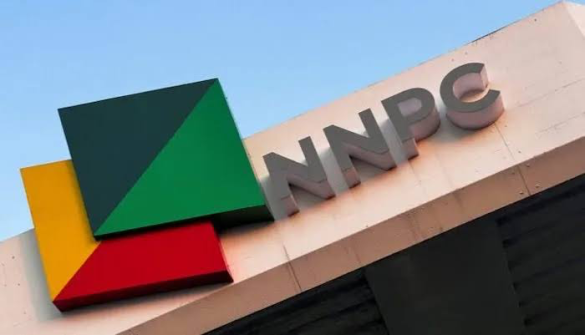KEY POINTS
- WAGL Energy, the NNPC-Sahara joint venture, expands its LPG fleet past 160,000 cubic meters.
- The move supports Nigeria’s $1 billion gas investment plan and the “Decade of Gas” agenda.
- Expansion aims to boost LPG access, cut reliance on dirtier fuels, and accelerate energy transition.
Another significant step has been taken in the pursuit of liquefied petroleum gas by Nigeria’s state oil company, NNPC, and Sahara Group, its longstanding private partner.
Their joint venture, WAGL Energy Limited, has strengthened its position as one of Africa’s biggest suppliers of LPG by increasing its fleet capacity beyond 160,000 cubic meters.
In a statement posted on X, formerly Twitter, the Nigerian National Petroleum Company Limited (NNPC) said the action is in line with its mission to provide businesses, industries, and households throughout the continent with sustainable and reasonably priced energy. The company also stated that by expanding its infrastructure to support greater LPG penetration, WAGL Energy is “driving Africa’s access to reliable and clean energy.”
Driving the decade of gas
The announcement is the most recent in a series of financial commitments linked to Nigeria’s “Decade of Gas” program. With the delivery of two 23,000-cubic-meter LPG vessels from South Korea’s Hyundai MIPO Shipyard in 2022, NNPC and Sahara increased their combined gas infrastructure investment to over $300 million. Since then, the partners have committed to raising that amount to nearly $1 billion by 2026.
Nigeria’s LPG Expansion Plan, which aims to increase yearly consumption to 5 million metric tonnes by 2025, is directly supported by the larger fleet. The plan is essential to government initiatives to decrease carbon emissions, speed up the energy transition, and replace kerosene and firewood in homes.
“WAGL Energy is more than a shipping company,” Sahara’s Corporate Communications Head, Bethel Obioma, said at the time of the vessel deliveries. “It is a vehicle for achieving energy access, energy security, and sustainability for Nigeria and Africa.”
Additionally, the joint venture has been expanding its involvement in Nigeria’s oil and gas value chain. The company’s wider push into operations and facility management was highlighted in July 2024 when NNPC Pipelines and Storage Company and WAGL signed a maintenance agreement for the Escravos Crude Oil Terminal in Delta State.
In order to manage the offtake, marketing, and trading of Nigeria LNG’s natural gas liquids under the equity lifting scheme, WAGL was established in 2013. It has developed over time into a vital tool for constructing gas transportation infrastructure, facilitating industrial uses, and assisting the government in fulfilling its clean energy pledges.
Analysts claim that WAGL’s increased fleet capacity puts it in a better position to participate in the rapidly expanding LPG market in West Africa, where demand is rising as a result of urbanization, population growth, and the slow transition away from dirtier fuels.



